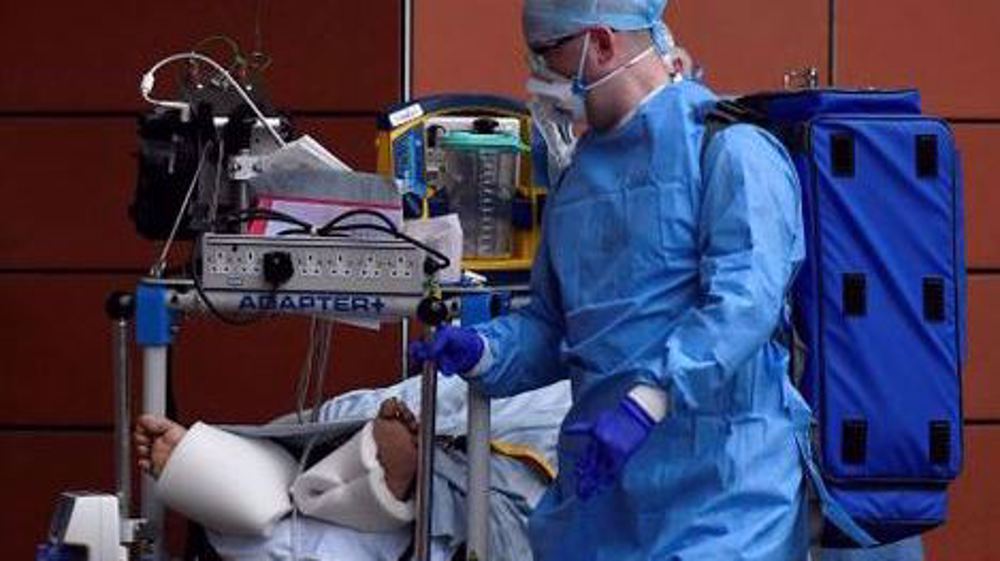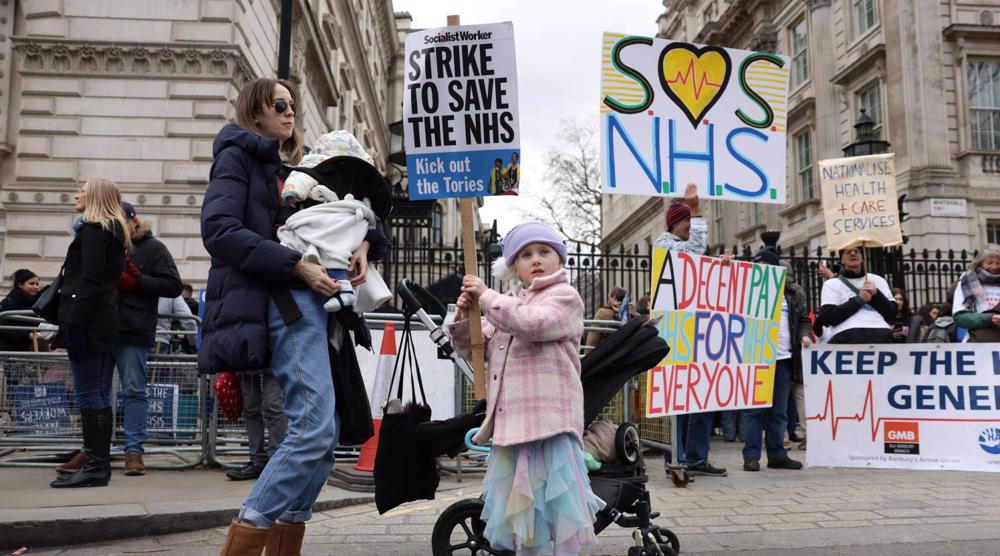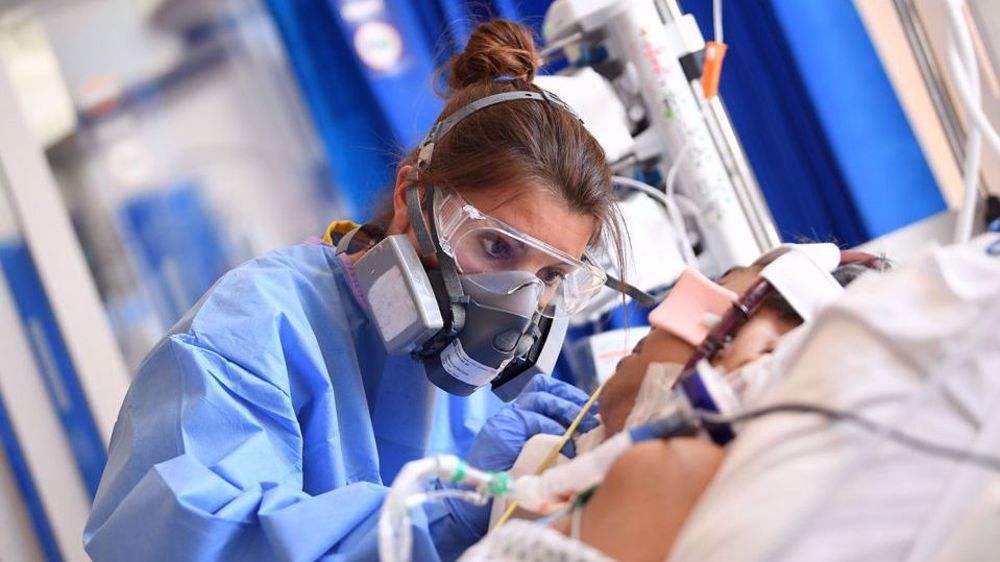Four in 10 UK hospitals use outdated medical equipment: Study
Four out of ten of the public hospitals in Britain are using outdated medical equipment such as X-ray machines, CT scanners and radiotherapy treatment devices, Britain's Liberal Democrat lawmakers have reported, citing a new research.
The public health service in Britain is using hundreds of old X-ray machines, CT scanners and radiotherapy machines, with some dating back to decades ago. UK media reported on Monday quoting the Lib Dem’s research.
According to the research, the hospitals run by the National Health Service (NHS) in England were using outdated medical equipment including 37-year-old X-ray machines.
The research, which was based on freedom of information requests to 69 hospital trusts, showed there were 541 pieces of medical equipment that needed to be replaced in these hospitals.
UK's Liberal Democrat Party called for urgent extra funding to address the problem and replace the outdated devices.
Ed Davey, the party leader, said he would call for urgent government investment in medical equipment at the Lib Dem’s next conference in spring.
“It beggars belief that NHS staff are having to rely on results from decades-old hospital scanners, machinery that may have been built before they were even born. Understaffed and exhausted NHS staff are being pushed to breaking point, while patients are treated in crumbling hospitals with outdated equipment,” he said.
“The potential for error from poor-quality machines doesn’t bear thinking about. People up and down the country will be worried about whether they will get an accurate reading from these decades-old machines.”
The report was issued despite advice from NHS England that CT and MRI scanners and X-ray machines should be replaced every 10 years to ensure they continue to operate reliably and produce clear images while having lower maintenance fees.
To make matters worse, Britain's health service is grappling with a record number of patients on waiting lists, this year reaching into the millions.
An unnamed spokesperson for the Department of Health and Social Care was quoted by media as claiming that despite the legal obligation of individual NHS organizations to cover their own expenses, the government had allocated record sums to National Health Service.
“We are investing record sums to upgrade and modernize NHS buildings so staff have the facilities needed to provide world-class care for patients,” the official said.
In the meantime, UK's cost of living crisis has exacerbated the condition in hospitals and among medical staff struggling to manage their financial issues.
The NHS England’s solution to the financial crisis has been to prioritize the resources at its disposal on hospital wards and units tending to "emergency and critical care, maternity care and where possible prioritize patients who have waited the longest for elective care and cancer surgery.”
The inflation rate in the UK is currently at a 40-year high, with January's data indicating 10.1 percent.
In response to the crisis, the ruling Conservative government has ruled out budget increases in the public sector, arguing that it would drive inflation even higher.
UK Health Secretary Steve Barclay has called on hospitals and medical staff to trust the government to manage the ongoing crisis, and instead focus on delivering care to patients in need.
“Let’s have a constructive dialogue to make the NHS a better place to work and ensure we deliver the care patients need,” he tweeted.
Speaking to broadcasters during a hospital visit in January, Barclay appeared to be opposed to a ten percent pay rise for nurses, insisting it was “not affordable.”
“Well 10 percent is not affordable, it would be an extra £3.6 billion a year and obviously that would take money away from patient services, essential services that we need to invest in given the backlogs from the pandemic,” he argued.
“Now, within Government, we take a whole Government approach – of course, I have discussions with the Treasury, as do other Secretaries of State, and these things need to be balanced not just with the needs of teachers, with the Education Secretary, or train drivers with the Transport Secretary, but also what’s affordable for your viewers in terms of their own cost-of-living pressures,” Barclay added.
During the past months, the UK has been grappling with its biggest strike wave for decades, with medical staff, airport baggage handlers, border staff, driving instructors, bus drivers, and postal workers walking off their jobs to demand higher pay.
D-8’s role in Iran’s economy after Cairo summit
China slams US as ‘war-addicted’ threat to global security
China ‘firmly opposes’ US military aid to Taiwan
VIDEO | Press TV's News Headlines
President Yoon Suk Yeol to be removed from office
At least 19 Gazans killed by Israeli airstrikes since dawn: Medics
Leader: Iran neither has nor needs proxy forces
US fighter aircraft shot down ‘in friendly fire’ amid aggression on Yemen












 This makes it easy to access the Press TV website
This makes it easy to access the Press TV website